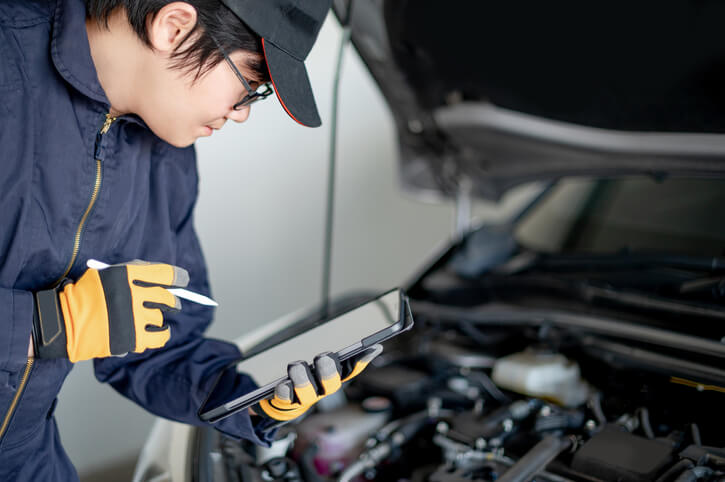Want to Become a Hybrid and Electric Vehicle Mechanic? Why Adaptability Is Essential
In today’s rapidly evolving automotive landscape, the shift towards hybrid and electric vehicles (EVs) is undeniable. With technological advancements and a growing emphasis on sustainability, traditional internal combustion engines are gradually making way for their eco-friendly counterparts. This transition has significant implications for the automotive industry, particularly for mechanics and technicians. A good hybrid and electric vehicle mechanic must adapt to these changes to thrive in this new era of transportation.
The Rise of Hybrid and Electric Vehicles
Over the past decade, hybrid and electric vehicles have gained substantial traction in the market. With companies like Tesla, Nissan, and Chevrolet producing EVs that offer impressive performance and longer ranges, consumers are increasingly choosing these vehicles over conventional ones. The reasons behind this shift are clear: reduced emissions, lower operating costs, and the allure of cutting-edge technology.

Adapt to Evolving Mechanic Skill Sets
As the automotive industry transforms, so do the skill sets required of mechanics. Gone are the days when a wrench and socket set were the primary tools of the trade. Hybrid and electric vehicles incorporate intricate electrical systems, high-voltage components, and advanced software that demand new expertise. Here’s why adaptation is crucial for mechanics:
- Advanced Diagnostics and Repairs: Hybrid and electric vehicles have complex diagnostic systems and unique repair challenges. Mechanics must be well-versed in identifying and resolving issues related to high-voltage batteries, electric motors, and regenerative braking systems. This necessitates ongoing training and certification to stay current with the latest technologies.
- Safety Precautions: Working with high-voltage systems requires strict safety protocols. Mechanics must be trained to handle electric components safely, reducing the risk of accidents or injuries. Adherence to safety guidelines is paramount in an EV repair shop.
- Software and Firmware Updates: EVs rely heavily on software and firmware to manage various functions, including battery management, charging, and performance optimization. As a hybrid and electric vehicle mechanic, you’ll need to stay up-to-date with these software systems and be proficient in conducting updates and troubleshooting software-related issues
- Environmental Regulations: The environmentally friendly aspect of EVs extends to the repair process. Mechanics must follow eco-friendly practices when disposing of batteries and other components. Understanding and adhering to environmental regulations is essential to maintain industry compliance.

The Importance of Adaptation After Hybrid and Electrical Mechanic Training
Adapting to the changing landscape of the automotive industry is about thriving in a market that promises significant growth. By evolving your skill set in auto mechanic school and staying current with EV technology, you can tap into a rapidly expanding customer base.
Moreover, the transition to hybrid and electric vehicles is wider than passenger cars. Commercial fleets, buses, and even heavy-duty trucks are also adopting EV technology. Mechanics who adapt to this shift position themselves as valuable assets in a market likely to see exponential growth in the coming years.
The automotive industry is in the midst of a revolution, with hybrid and electric vehicles at the forefront. For mechanics, technological advancement brings both challenges and opportunities. To remain relevant and excel in their careers, mechanics must embrace change, commit to ongoing learning, and adapt their skill sets to the demands of this new era of transportation. That’s where our hybrid technology program comes in.
Are you ready to start hybrid and electrical mechanic training?
Contact ATC Surrey to learn more!


